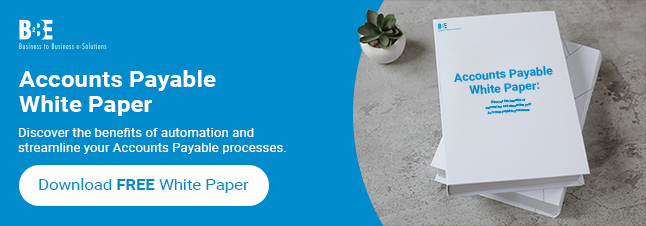In accounting, understanding balances is key to managing your financials effectively. One such concept is a debit balance in accounts payable, which might seem counterintuitive at first since accounts payable typically have a credit balance. Let’s break down what it means, why it happens, and how it impacts your business.
What is a Debit Balance in Accounts Payable?
Accounts payable (AP) usually record amounts that a business owes to its suppliers, and they naturally have a credit balance. However, a debit balance in AP arises when the amount paid to the supplier exceeds the amount the business owes. This essentially means the business has overpaid or received a credit from the supplier.
下面请观看我们的视频综述:
Common Causes of a Debit Balance
Several scenarios can lead to a debit balance in accounts payable, including:
- Overpayment: A business might accidentally pay more than the invoice amount due to human error or automated payment processing issues.
- Supplier Credit: Suppliers sometimes issue refunds or credits for returned goods or services not provided.
- Payment in Advance: If a company pays for goods or services in advance, it may show as a debit balance until the supplier fulfils the order or sends an invoice.
How to Resolve a Debit Balance
Debit balances should be resolved quickly to maintain accurate financial records. This can be done by:
- Requesting a refund from the supplier for the overpaid amount.
- Applying the balance to future purchases or invoices with the same supplier.
- Issuing a journal entry to correct any bookkeeping errors that may have led to the debit balance.
Why It Matters for Your Business
Keeping an eye on debit balances in accounts payable is essential for maintaining proper financial health. Unresolved debit balances can skew your financial reports, making it seem like you owe less than you do or that you’re in a stronger cash position than reality. Regular reconciliation of AP records helps prevent this.
A debit balance in accounts payable may not be a common occurrence, but it’s important to manage and resolve it to maintain accurate financial records. Whether it’s due to overpayment or supplier credits, businesses should ensure they quickly reconcile these balances to keep their books in order.
Learn more about B2BE’s Accounts Payable solution.
About B2BE
B2BE delivers electronic supply chain solutions globally, helping organisations to better manage their supply chain processes, providing greater levels of visibility, auditability and control. We’re driven by a passion for what we do, inspired by innovation, and underpinned by a wealth of knowledge. With over 20+ years of experience, the B2BE teams operate worldwide.
欲了解更多信息,请访问www.b2be.com。

